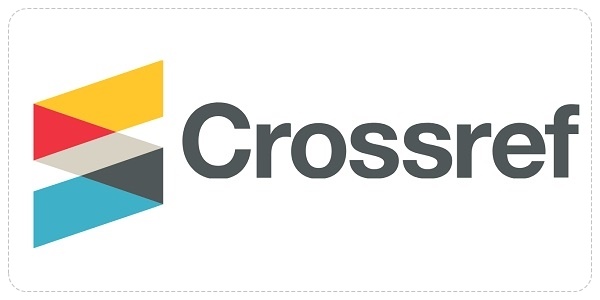PENINGKATAN KINERJA MENGAJAR GURU MELALUI PENERAPAN MANAJEMEN PENGETAHUAN DAN PENGEMBANGAN KAPASITAS GURU MADRASAH ALIYAH DI KOTA BANDUNG
Abstract
Keywords
Full Text:
PDFReferences
Bernardin, H., & Russell, J. (1993). Human Resources Management. Singapore: Mc. Graw Hill, Inc.
Bhatt, G. (2000). Organizing Knowledge in The Knowledge Development Cycle. Journal of Knowledge Management, 4(1), 15-26.
Casio, W. (1992). Managing Human Resources: Productivity, Quality of Work Life, Profit. Singapore: McGraw Hill Inc.
Corrilo, P., Robinson, G., & Inba, A. (2004). Knowledge Mnagement in UK Construction Strategies, Resources and Barriers. Project Management Journal, 1, 46-60.
Dunn, W. (2000). Public Policy Analysis: An Introduction. New Jersey: Prentice-Hall,Inc. A Simon & Shuster Company.
Frappaolo, C. (2006). Knowledge Management. England: Cap Stone Publishing.
Gaspez, V. (2005). Total Quality Managment. Jakarta: Gramedia.
Gomes, F. (2003). Manajemen Sumber Daya Manusia. Yogyakarta: Andi Offset.
Goodhue, D., & Thomshon, R. (1995). Task-Technology and Fit Individual Performance. MIS Quarterly, 19(2), 213-236.
Griffin, R. (1987). Management. Boston: Hougthon Miffin.
Hill, R., & Stewart, J. (2007). Management Development. Lancester: Routledge.
Honeycutt, J. (2005). Knowledge Management Strategies. New Jersey: Prentice-Hall.
L.Gibson, J., Ivancevich, J. M., & Donnelly, J. H. (1994). Organization. Houston: Businerss Publication, Inc.
Lunenburg, F., & Irby, B. (2006). The Principalship: Vision to Action. Houston: Wadsworth Cengage Learning.
Marsick, V., & Watkins, W. (2001). The Learning Organization: an Integrative Vision for HRD. Human Resources Development Quarterly, 3(1), 353-361.
Mart, C. (2013). Commitment to School and Student. International Journal of Academic Research in Business and Social Science, 3(1), 336-340.
Martini, H. (2010). Pengaruh Kompetensi Karyawan dan Budaya Organisasi terhadap Kinerja Karyawan . Widyagama, 53-63.
Noe, R. (2011). Manajemen Sumber Daya Manusia. Jakarta: Salemba.
Priansa, D. J. (2014). Kinerja dan Profesionalisme Guru. Bandung: Alfabeta.
Rivai, V. (2005). Performance Appraisal. Jakarta: Raja Grafindo Persada.
Simamora, H. (2004). Manajemen Sumber Daya Manusia. Yogyakarta: YYKPN.
Skyrme, D. (2002). What's Next for Knowledge Management? up date Entovation International News.
DOI: https://doi.org/10.17509/pedagogia.v15i1.6565
Refbacks
- There are currently no refbacks.
INDEXED BY

This work is licensed under a Creative Commons Attribution-ShareAlike 4.0 International License















